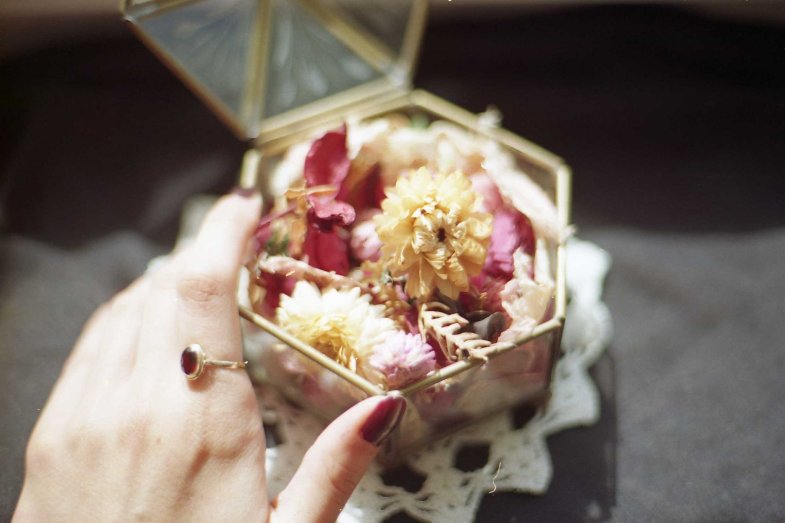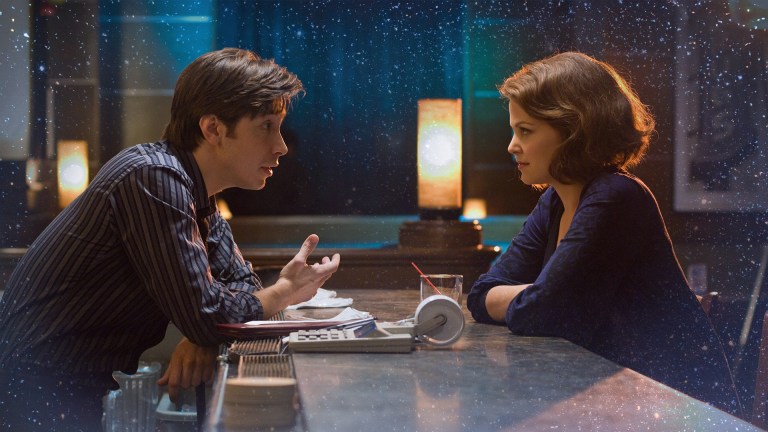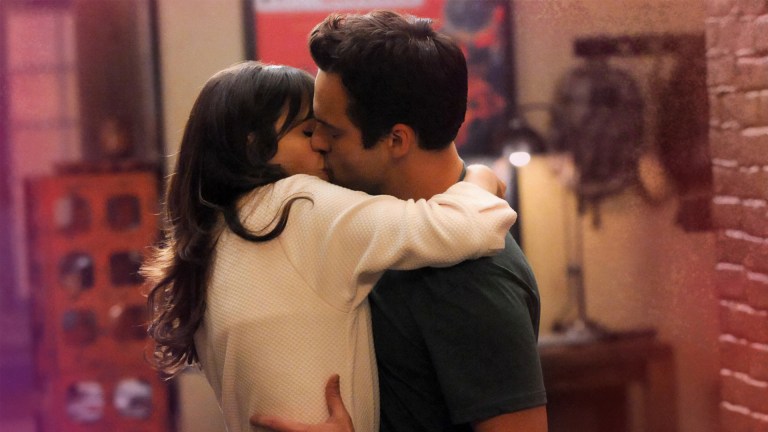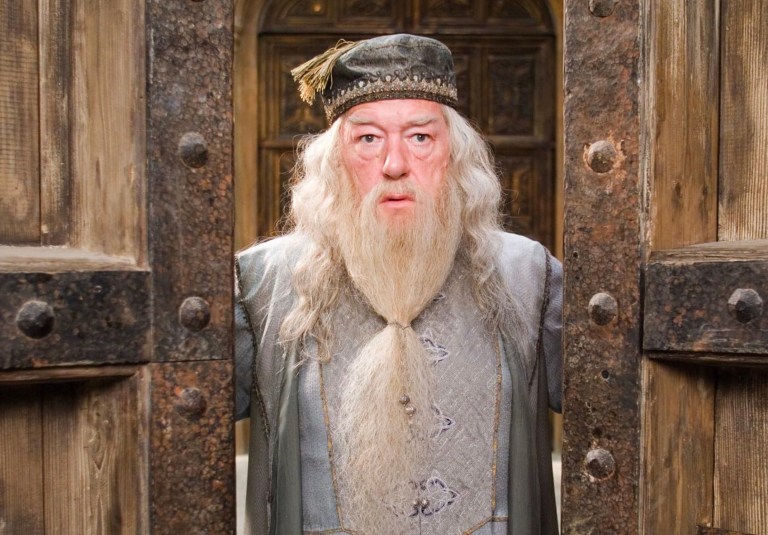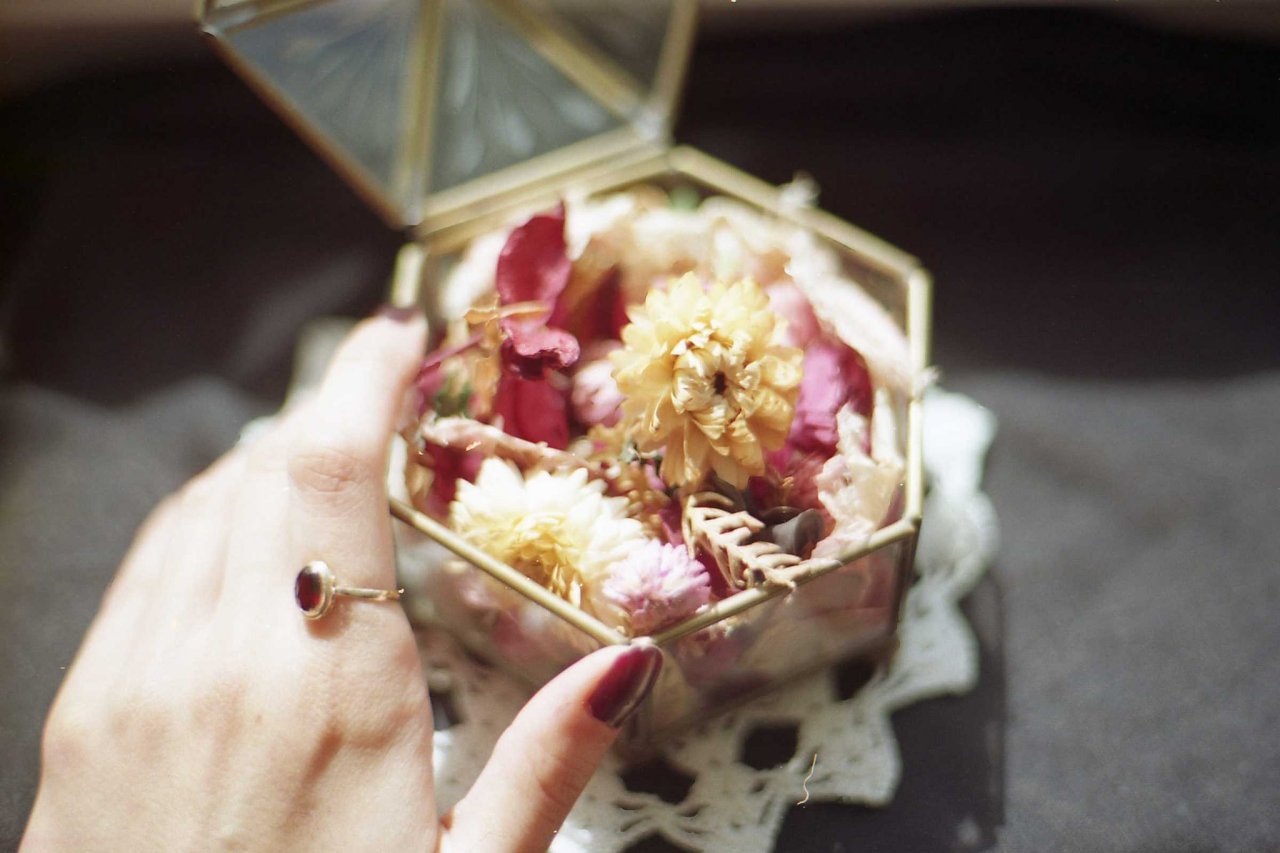
Ask An INFP: How Do You Manage Your Emotional Intensity?
Am I living a life where I’m putting my own oxygen mask on first? Or am I exhausting myself by putting other people’s needs ahead of my own?
By ![]() Heidi Priebe
Heidi Priebe
INFPs are the compassionate, introspective ‘healers’ of the MBTI world. This type is driven by an intense desire to understand the human condition and to find their true place within the complex tapestry of humanity. Idealists to the core, INFPs experience more emotional extremes than almost any other type. They feel everything incredibly deeply and are consequently one of the most misunderstood types. To clear up a few of the confusions surrounding this type, I collected questions that readers had for INFPs – and then took them to our INFP-in-residence Chrissy Stockton. Here’s one healer’s take on how to manage emotions, expectations and day-to-day life as an INFP.
Heidi: How do you manage the intensity of your emotional highs and lows? Is feeling everything so deeply a blessing or a curse?
Chrissy: It’s both. It feels meaningful (and like I won’t have any regrets) because of this, but it would definitely be nice to be more chill sometimes.
Heidi: How about stressful situations? How do you handle those as an INFP?
Chrissy: I’m worried I’m not going to sound like an INFP when I answer this, but I’ve been very proactive about reducing stress and anxiety in my life so my answer might be different than others.
In stressful situations I focus on outcomes — what has to happen immediately so that we can get through what is happening right now? I try to stay detached until the dust settles and I can decompress alone and work through the emotions of what happened (and sometimes, why I even felt stressed in the first place).
One way I stay away from stress and anxiety is by embracing minimalism. By not having extra physical clutter, I remind myself not to have extra emotional and relationship clutter. I stay away from things, people, situations that are needlessly stressful and I make sure my home environment is calming. I also have calming practices built into my life: spending time around water, burning candles and herbs at night, yoga, meditation, quiet time alone without distraction.
Heidi: How do you develop assertiveness and learn to set boundaries as an INFP?
Chrissy: INFPs suck at confrontation and I am the poster child for this. But I think, life experience helps. When you get taken advantage of or just burned out because you are giving more than you are getting you come to a place where you’re like “I’m not going to let this happen again.”
It really helps to picture the advice you’d give to your best friend. You would never tell your BFF she was selfish for wanting to get rid of a toxic friend or end a relationship or leave a job that didn’t serve her. You aren’t selfish for wanting a good life either.
Heidi: As idealists, INFPs often hold the people in their lives to very high standards. How do you overcome this inclination, and how do you deal with the let-down when others fail to live up to those standards?
Chrissy: This is so true, and so hard to overcome! One of my bigger faults is definitely holding people to my fantasy expectations, not communicating these expectations to them, and then being sad when they (inevitably) don’t live up to them.
I remind myself that people aren’t mind-readers so I actually have to communicate, out loud, with them before I can be upset. I also find doing Thought Records really helpful because it gives me a lot of perspective and usually helps me see how unrealistic I’m being. And I feel the weight of my expectations being released.
Heidi: INFPs can be notoriously hard to read – how do we break down the walls and get to really know you?
Chrissy: I get reserved and withdraw when I feel almost any emotion, especially around people I’m not comfortable with. But that’s a reaction, not necessarily the action I want to take, so I’m always willing to work around it and be more communicative. The best way is to ask. I love sharing how I feel and making everything in our relationship copacetic.
Heidi: Which types do you find yourself to be most compatible with when it comes to romantic relationships?
Chrissy: To me, there’s nothing as intoxicating as an INTJ. I feel like we have the same levels of intensity, but we’re different enough about it that it’s very fun to be together. My best friend is an ENFJ and we have an amazing friendship.
I don’t think I could ever date outside the N because I wouldn’t feel understood.
Heidi: INFPs are known as the ‘healers’ of the Myers-Briggs world – but when you’re struggling, how do you heal and take care of yourself as an INFP?
Chrissy: One of the biggest things was just realizing that self-care needs to be a priority – am I living a life where I’m putting my own oxygen mask on first? Or am I exhausting myself by putting other people’s needs ahead of my own?
I do a lot of different things to get calm when things are crazy: being in nature, talking with a friend, swimming (your phone can’t come with you!), or just relaxing in my home with dim lighting and good music and earthy candles. If you want to help an INFP relax or heal from a stressful event know that the best thing you can do is just offer quality time alone with them. A night where we make a delicious comfort meal and eat it with wine and candles is way better than sending flowers!
Heidi: What career path(s) do you recommend for an INFP? Which kind of work do you personally find to be the most fulfilling?
Chrissy: You know, most people will tell an INFP to be a social worker or be in some kind of caring profession. That did not work for me at all, and I’d tell people to think very seriously about the kind of life they want before entering one of these fields.
I felt burned out all the time because I was giving away all my energy and getting nothing back. Caretaking workplaces are usually pretty messed up in too many ways to dissect here. I didn’t make any money since those professions are low-paying so when I got done with my work day stress I had personal life stress because my budget was always very tight. In the end, that is a recipe for having an uphill battle, indefinitely. I became really protective of my health and happiness because I realized I didn’t want that.
To me, it’s much saner to use my creative and healing energy to help people in a way I control and that allows me to be healthy. I worked in marketing for awhile and I loved it. If I wasn’t writing I would be copywriting or doing that probably.
Heidi: Do you have any good book suggestions?
Chrissy: Yes! I just read one of the best books of my life, Recovery 2.0. It comes from a framework of 12-step programs which might be alienating for some people, but it’s explained to me why I feel so bad when I do things no one else in mental health or positive psychology talks about — like procrastinating or lying or binge-reading shitty books (I read the Divergent series in one weekend and couldn’t figure out why I felt gross about it) — all those things are symptoms of attempting to avoid anxiety instead of dealing with it.
Other books I think INFPs would enjoy: Holy the Firm and Teaching a Stone to Talk by Annie Dillard, Franny & Zooey by JD Salinger, and The Moth Diaries by Rachel Klein.
Heidi: If there were only one thing that the world could know about an INFP, what would that one thing be?
Chrissy: We want the best thing to happen for everyone. Even when we’re being passive aggressive it’s because we’re coming from this place of not wanting to hurt someone. So any beef you ever have with one can be solved with an open conversation.![]()
